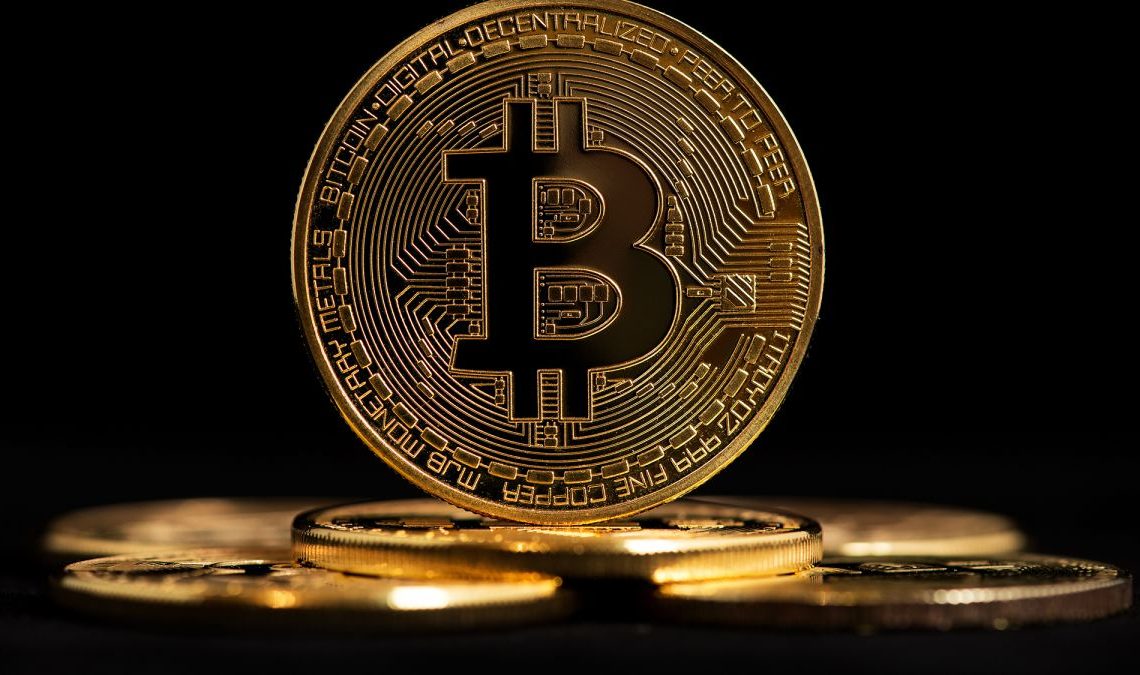
Getting started with Bitcoin in Kenya can be a daunting task for those who are new to the world of cryptocurrency. However, with the right guidance and a little bit of patience, anyone can learn how to buy, sell, and store Bitcoin safely and securely.
First, it’s important to understand what Bitcoin is and how it works. Bitcoin is a decentralized digital currency that uses cryptography for security and is not controlled by any government or financial institution. It was created in 2009 by an anonymous individual or group known as Satoshi Nakamoto, and has since become the world’s most popular cryptocurrency.
To get started with Bitcoin in Kenya, you’ll need to have a few things in place. First, you’ll need a device with an internet connection. This can be a computer, smartphone, or tablet. Next, you’ll need to create a Bitcoin wallet, which is a software program that stores your Bitcoin and allows you to send and receive Bitcoin transactions. There are several types of wallets to choose from, including online wallets, mobile wallets, and hardware wallets.
Once you have a Bitcoin wallet set up, you’ll need to find a way to buy some Bitcoin. There are several ways to do this in Kenya, including using a cryptocurrency exchange, buying from a peer-to-peer marketplace, or even accepting Bitcoin as payment for goods or services you sell. Some popular exchanges in Kenya include Paxful, LocalBitcoins, and Binance.
Once you have some Bitcoin in your wallet, you’ll need to decide how you want to store it. Bitcoin can be stored in a hot wallet, which is connected to the internet and is more convenient for making transactions, or a cold wallet, which is not connected to the internet and is more secure for long-term storage. There are pros and cons to both types of wallets, so it’s important to weigh your options and choose the one that’s right for you.
It’s also important to keep in mind that Bitcoin can be volatile and its value can fluctuate significantly over time. This means that you should be prepared for the possibility of losing money if the value of your Bitcoin decreases. It’s also important to keep your Bitcoin safe and secure, which means keeping your wallet software up to date and using strong passwords.
Finally, it’s a good idea to keep an eye on the legal status of Bitcoin in Kenya. While the Kenyan government has not yet established clear regulations around Bitcoin, it has taken steps to educate the public about the risks and benefits of using cryptocurrency. In 2017, the Central Bank of Kenya released a statement cautioning the public about the risks of investing in Bitcoin, but it has not yet banned the use of the cryptocurrency.
In conclusion, getting started with Bitcoin in Kenya is not as difficult as it may seem at first. With the right tools and a little bit of knowledge, anyone can buy, sell, and store Bitcoin safely and securely. Just be sure to do your research, be cautious, and keep an eye on the legal landscape as it evolves.
Read: An introduction to Cryptocurrency in Kenya and how it works

